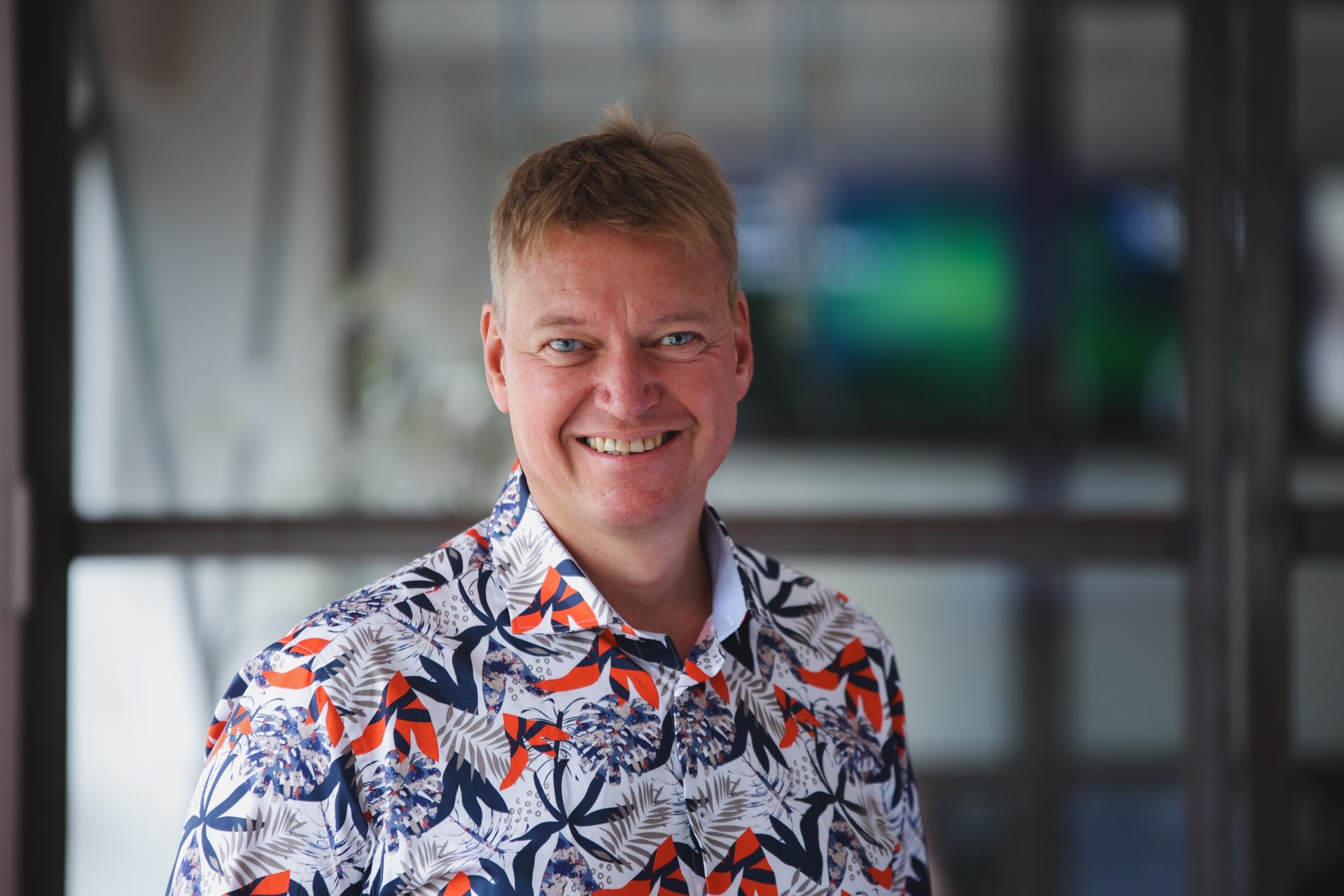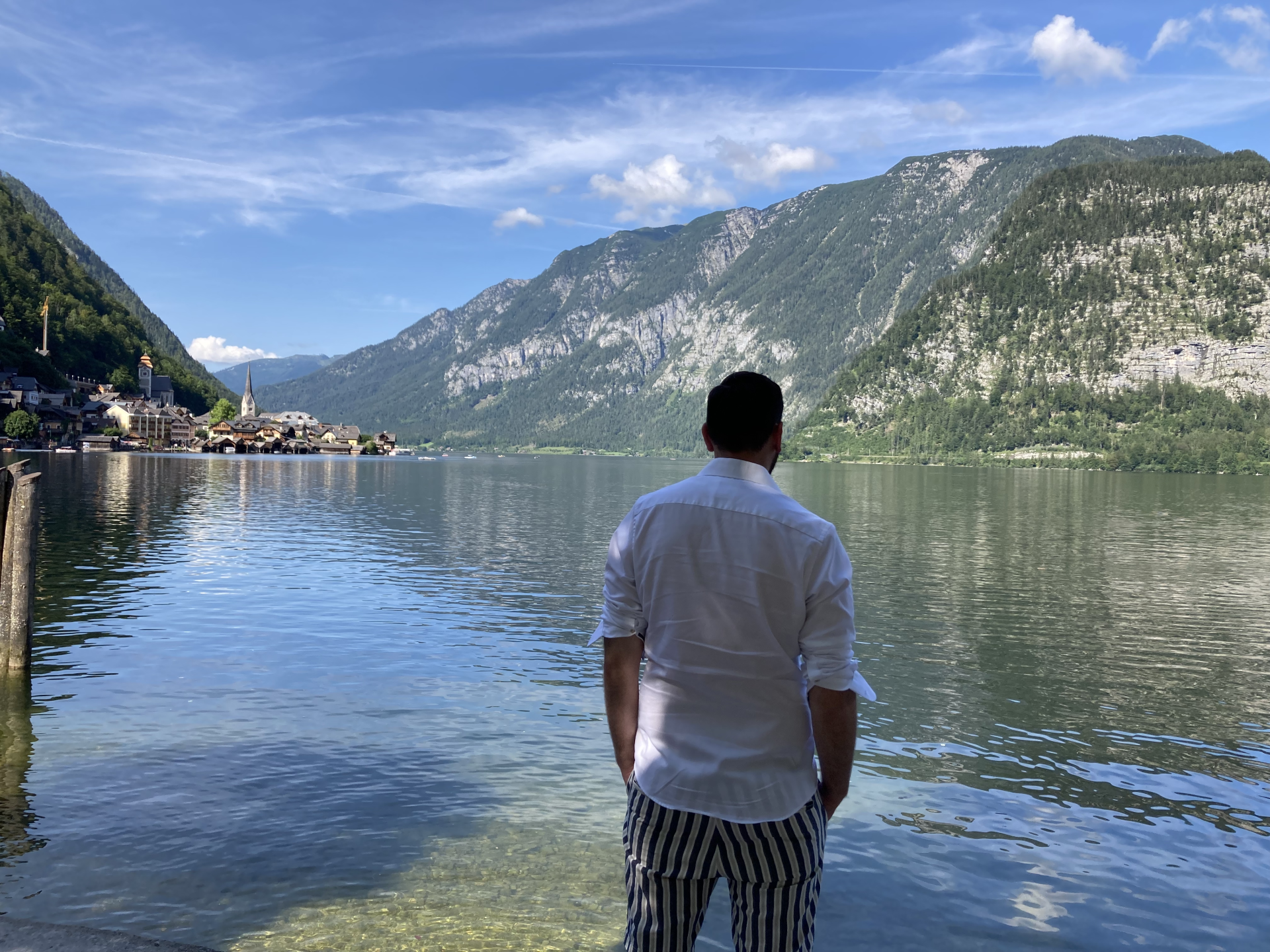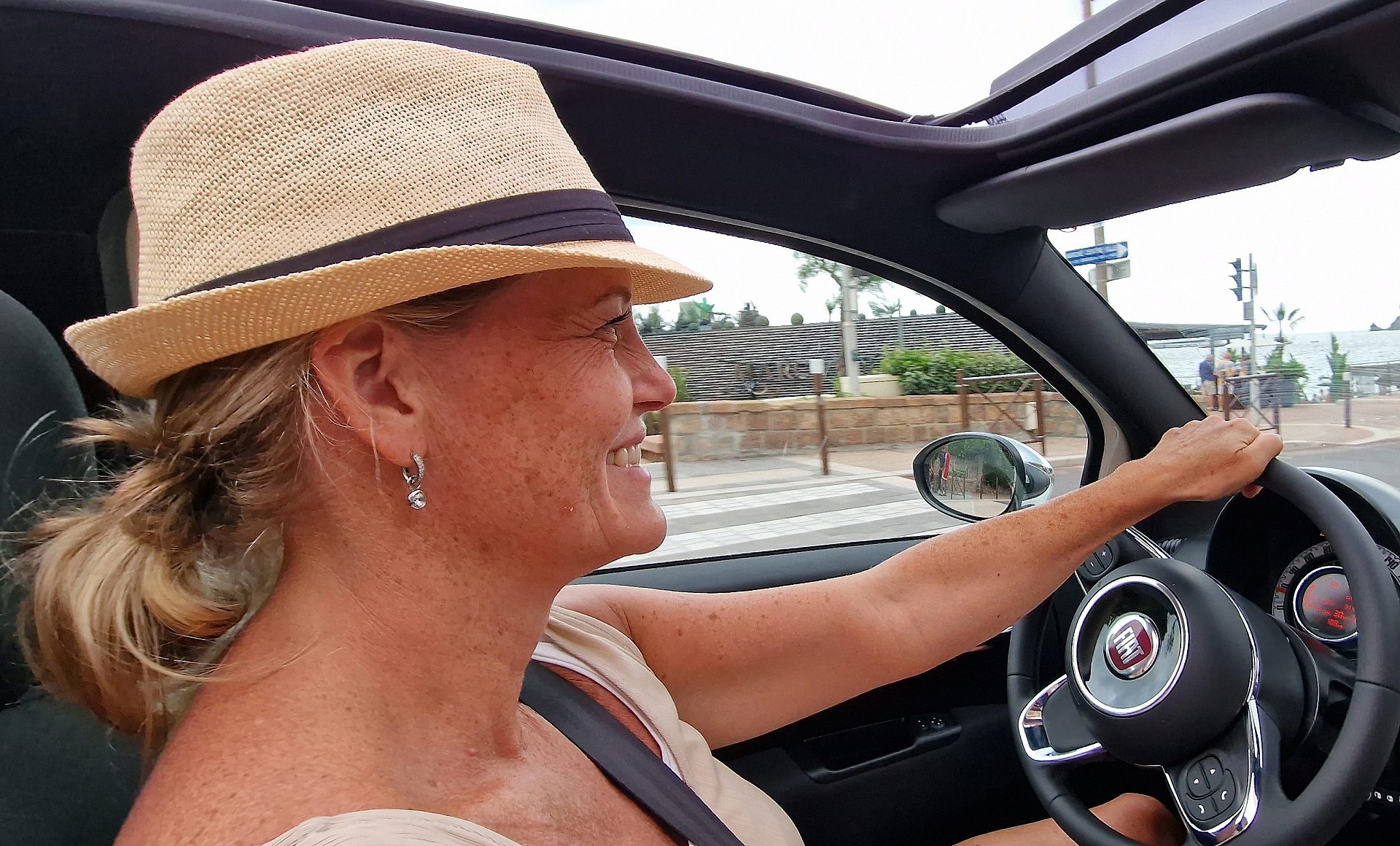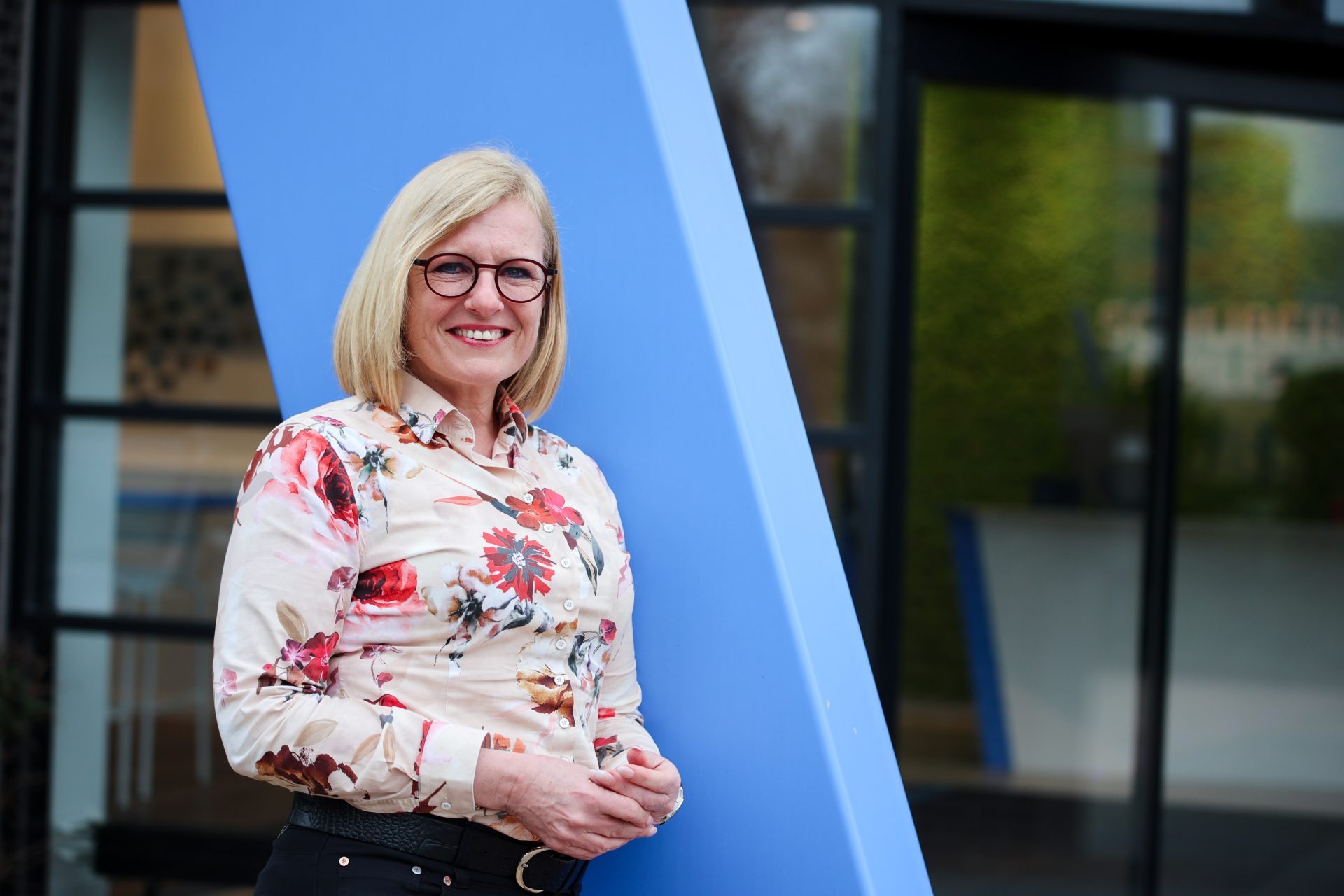Working life
What does being a mission critical engineer at Schuberg Philis mean to you?
It’s a very broad title, and I actually like that it is a very broad title. What I really appreciate is the way we work using a plan-build-run model. That means that I work with the team to design something and I also build it and I run it. In this way you get an overview of the whole context rather than just being responsible for one piece of the puzzle. And so, if you make an error in the design, you may get woken up in the middle of the night to fix that error. This ensures that next time you won’t make that error again. If you work as a consultant who might be less likely to oversee the whole plan-build-run trajectory, then you can run off after the job; if there is an error later on, they probably won’t call you to say so and then it’s really difficult to learn. In our way of working, we learn from errors. This is good. What’s more, if you make a design and you run it, then you have to take responsibility for it. That’s a core value of the way we work. We always say: with power also comes responsibility.
What is a typical workday like?
I did some counting and it’s been almost 5,000 days that I have worked for the company! So it is difficult to describe one day. Nowadays, one of the structural things that we do is have a standup meeting. So that means we start in our operations team, explaining what we’re doing today; since we do not work every day from the office, this meeting lets us keep in contact about what everyone is working on, and it might be a nice moment to ask for help. I really like the different things we do. Sometimes you work on a design and then have a meeting with the customer to talk about it. For the customer, you work in a development environment, the test environment, the acceptance environment, and the production environment – and you codify it all. Sometimes I also have a coaching session with one of my coachees.
Company culture
Every colleague in the company gets a coach. What’s the idea behind coaching?
While at other companies, a manager determines your future, at Schuberg Philis, we manage our own work and have the freedom to guide our own assessments. The annual assessments entail a 360-degree review in which we ask different colleagues for feedback, do a self-review of our own ambitions, and consult a self-selected coach. Coaching can be about helping colleagues strike a good work-life balance as well as challenging their way forward within the company. This practice encourages us to realize our full potential while playing an important role in assessing our work as thoroughly and fairly as possible rather than leaving assessments to the whims of a manager. Coaches get to know their coachees well, as we normally hold coaching sessions once a month; sometimes we go on walks during our sessions – being outdoors pulls us out of the work environment and encourages reflection and thinking before answering questions.
You have an MBA. How does being an engineer with a business degree inform your work?
Having a master of business administration gives you a broader perspective on how things work in companies. It’s also a lot about management. Because we don't have managers within Schuberg Philis, it may seem ironic to have done a management training. It’s not. I learned a lot about myself, and a modern MBA is not just about managing; it’s also about leadership – a skill that we really can apply within the company. And though we don’t have managers, we use the consent model. When coaching the company’s new joiners, I have explained this consent model, which is also known as the sociocratic circle method, as follows: a proposed decision is presented and colleagues are invited to form opinions. There is consent unless someone has a serious objection to a decision because they feel their team’s or the company’s common interest is at stake. If that’s the case, the objector can pull the emergency brake, so to speak. The objector is expected to have good arguments against the proposal and to make a new proposal. This comes in contrast to simply accepting that if the majority says we should do something, we do. The advised consent model requires that people be able to speak up and then as a team we can decide on an issue. It’s nice to see how things come together in this really valuable way of working. And yet, speaking up is not easy for everyone. Although we are a Dutch company, we have people from all over the world, some of whom do not speak up that much, the way we are used to doing in the Netherlands. That’s really something that we need to help people with. So to really get consent within the team, we make sure that everyone can say what they need to say.
What has kept you with Schuberg Philis for almost 20 years?
It's especially the work – it keeps your brain working. Also, we have lots of colleagues who can challenge me, and I can challenge them. What I used to see a lot before I worked at Schuberg Philis is that you would work at a company where you are the best in class and have a lot of colleagues asking questions. It is nice for some time, but if I had a question then it was sometimes difficult to find a colleague I could consult to reach the best solution. There is still a lot of things to learn in IT, and at Schuberg Philis, there is always a colleague who can help you out, or at least reflect on a question together with you and help you come up with a nice solution. You get to be in an environment where you have colleagues with a lot of experience who are open to new ideas as well. It’s not like because I’ve been working here 20 years and you just join, that I get to say how we work and that’s how we do it. We also learn from younger people and how they look at things. We are always open to new ideas. If we’ve done something already for 10 years this way and someone comes along with a new idea and says: “Well, if you do it this way, that probably will work a lot better,” we say: “OK, let's try it out.” Ultimately, we hire people who are best in class specifically for mission-critical IT, and those challenging projects keep you sharp.
Passion project
What’s something you enjoy doing when not working?
I’m really into cooking. I like to cook for the two of us – me and my wife – and also for friends. I did a cooking class at three-Michelin starred restaurant De Librije for four years. It was advanced cooking; I learned a lot about preparation and making everything mise en place – then you don’t have to do much work once your guests arrive. I also learned that if you choose ingredients that are very good quality, it’s easy to make a really good dish. I’ve cooked a couple of times for my team, like last year’s barbecue. It actually was a seven-course dinner, a mix of Librije dishes and some things grilled on the Big Green Egg or the OFYR, for 25 people. It took some preparation of course, though I was quite relaxed during the event.
Are there similarities between being a high-level chef and a mission critical engineer?
Yeah, I think so. Because if I need to create something, such as when I cooked for my whole team, it also requires a plan. That plan is kind of like the design I do in my work. Then I need to go to the shop to get the food and prepare everything; that’s like the build phase. And then I do the final preparation, serve it, and make everyone happy; that’s the equivalent in my work of the run phase.
And was the team enjoying your food comparable to achieving the sole Schuberg Philis KPI of 100% customer satisfaction?
Absolutely.
Do you ever interact with the chefs from the company restaurant?
I did some cooking sessions with them, and I also have regular chats with them. On one of the company’s Family Days, I prepared two dishes alongside the chefs for about 300 people. The company restaurant, I really like it. As for why I’ve stayed so long at Schuberg Philis, it’s really about the work, and the colleagues of course. The food is the cherry on top.
Curious to know more about how more colleagues spend their days? See the whole series here.



